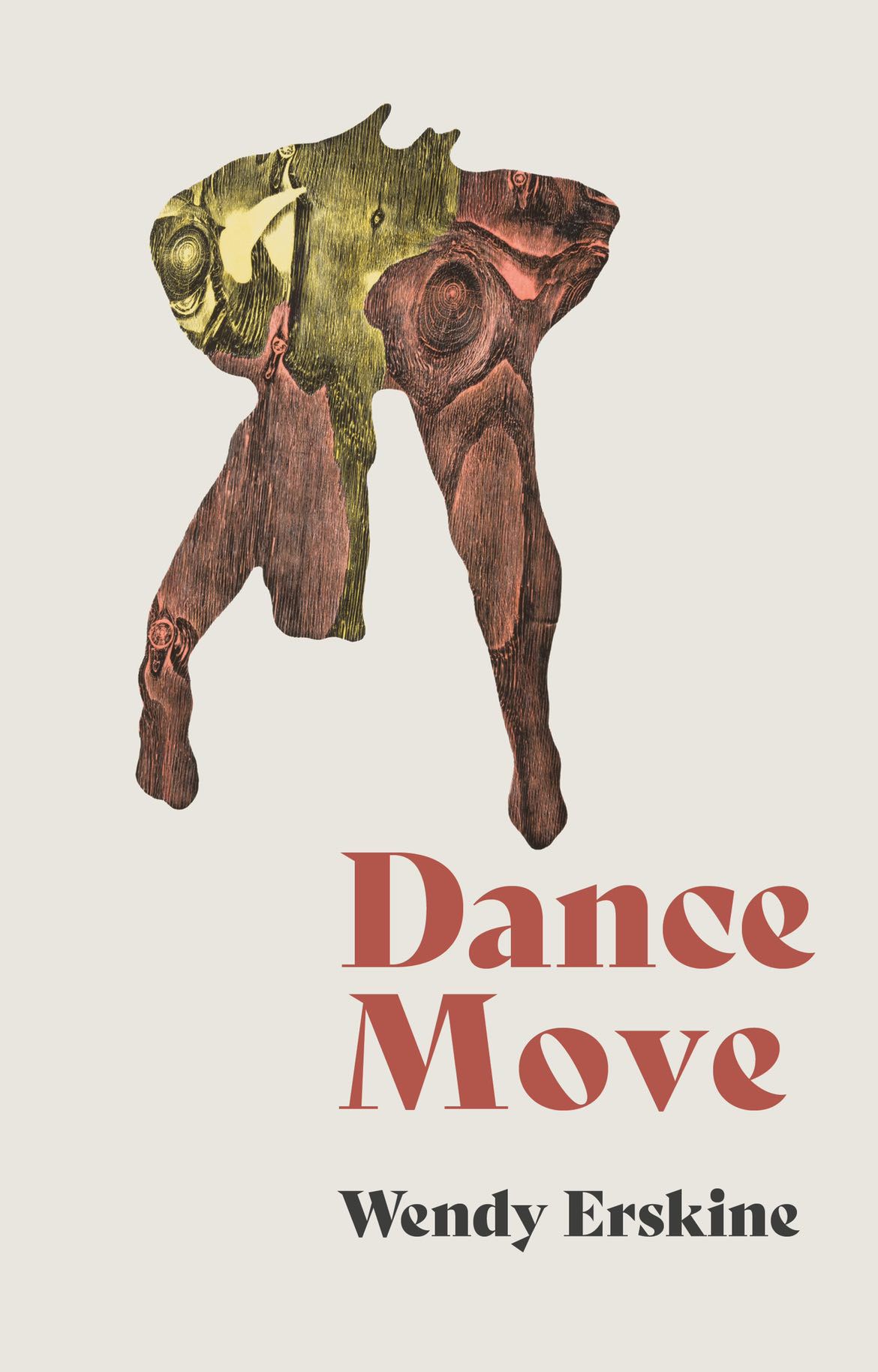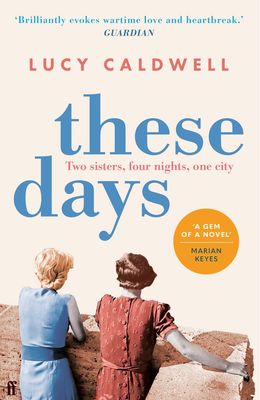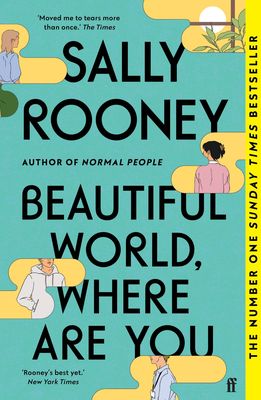AUGUST has rolled seamlessly into September. Beyond 2023’s midpoint now, our summer months, such as they were, supplied ample conditions for cultivating eventual autumnal introspection. Where are we in relation to our hopes and goals? Which actions have brought us to this very moment in time? With bated breath, inevitably to be condensed in fall’s air, we await evidence of progress, both personal and societal.
Personally, I’m rewinding the clocks back to a specific evening. Onboard a train bound for Santa Lucia station, racing by luminous Venetian fields cast an amber hue courtesy of the golden hour, I wrote a review (published earlier this summer) for Martin Connolly’s Belfast, With Dinosaurs, 1979 - A Prehysteric Farce.
As my train barrelled into Venice, I wrote about an introspective Troubles-era series of vignettes that conjured images of Belfast as a tapestry of “past, present and future interwoven, not only by the threads of atavistic callousness, but above all, by cherished moments of levity and hope amidst the chaos.”
Now, where fiction is concerned, what happens when you pull on the loose threads of such a tapestry, fraying its wool? When you decide to create an immersive, introspective compilation of injustice and regret in your everchanging home city - a street-level viewpoint of class disparity, paramilitary murders, sexual desire, seclusion and monstrous abuse? The answer: East Belfast writer Wendy Erskine’s 2022 short story collection 'Dance Move'.
An English teacher at Strathearn School, Erskine follows up on her Butler Literary Award-winning 2018 debut short story collection 'Sweet Home' with another 11 stories set predominately in modern Belfast; blunt, dry-witted, streetwise snapshots intimating larger stories. Her murky, contemporary Belfast is kitchen-sink drama-esque, with its constituent thematic concerns coexisting to capture a panorama of nuanced humanity. A host of complex underdog characters appear, plagued by their respective reflections on guilt and possibility; caught somewhere between the past and the present, between lives lived and unlived.

‘Mrs Dallesandro’ simultaneously indulges in her tanning-bed vice (disregarding her health scare), and reminiscing over memories of adolescent sexual experimentation on the day of her 23rd wedding anniversary. In ‘Cell’, Caro finds herself both victim and unwitting accomplice of a “socialist collective” exploiting an unwell man. ‘Bildungsroman’ features an unlikely duo: a hot-blooded 17-year-old on placement and the older woman whom he is lodging with, attempting to dispose of a now deceased local “connected” man’s firearm.
While driving to a planning meeting for a Christian film festival, ‘Gloria and Max’ struggle to make conversation; discussing anything from cinema and his long-distance relationship, to the countless, deteriorating boarded-up buildings throughout Belfast.
The Edge Hill Readers’ Choice Award-winner ‘His Mother’ concerns a mother’s grief following her missing son’s death. Armed with a knife in the pouring rain, she recovers what remains of her son on 'Missing' posters along the Ormeau Road. “It’s okay, son,” she reassures his soaked image.
ok chief, so you don’t think I’m all that? You wanna step outside? https://t.co/aOnbRj8iRi
— Wendy Erskine (@WednesdayErskin) March 21, 2021
This story exemplifies the best of Erskine’s unembellished prose, poignant narratives tied into Northern Ireland’s pressing issues and painful past – in this case, the country’s high suicide rate and scores of people reported missing.
‘Nostalgie’ evokes both 'Nostalgie de la boue', the French term for an attraction to depravity, and loyalist reworkings of the late Tina Turner’s ‘Simply the Best’. A has-been 1980s singer is hired by loyalist paramilitaries to sing one of his songs, their battalion’s anthem, at centenary celebrations, only to discover their involvement in a massacre decades earlier.
The penultimate ‘Memento Mori’, featuring couple Gillian and Tracey, the latter of whom gradually succumbs to cancer, is a story of mortality and mourning and a reminder of Northern Ireland’s high femicide rate. Outside their home, a teen girl is stabbed by her ex-boyfriend, leading mourners to erect a shrine. While sympathetic, Gillian increasingly resents this as an intrusion of their privacy.
At the best of times, introspection is a blessing and, at the worst, seemingly a curse. To finally strip off the armour we forge ourselves throughout life is to bear witness to our scars, fractures and sutured wounds. Then we decide in which direction to stumble onwards. Wendy Erskine’s characters embody this.
'Dance Move' by Wendy Erskine is published by Stinging Fly Press (RRP £11.99)







